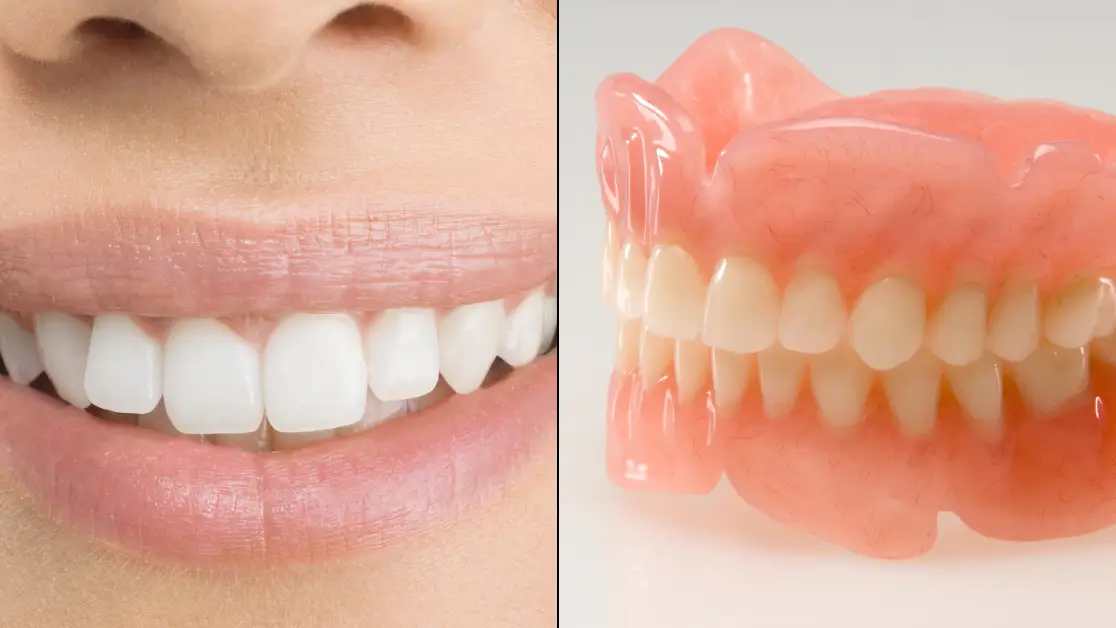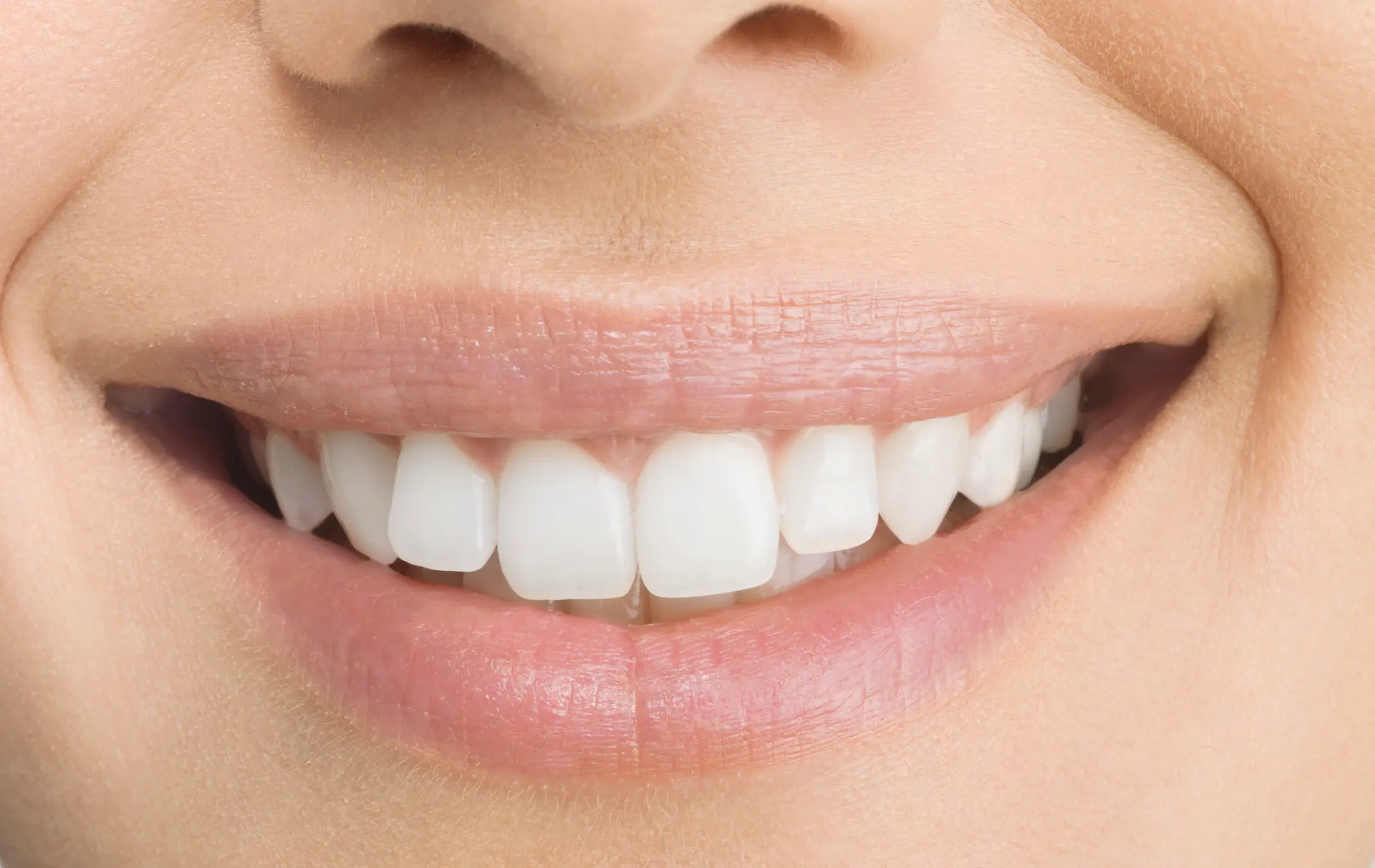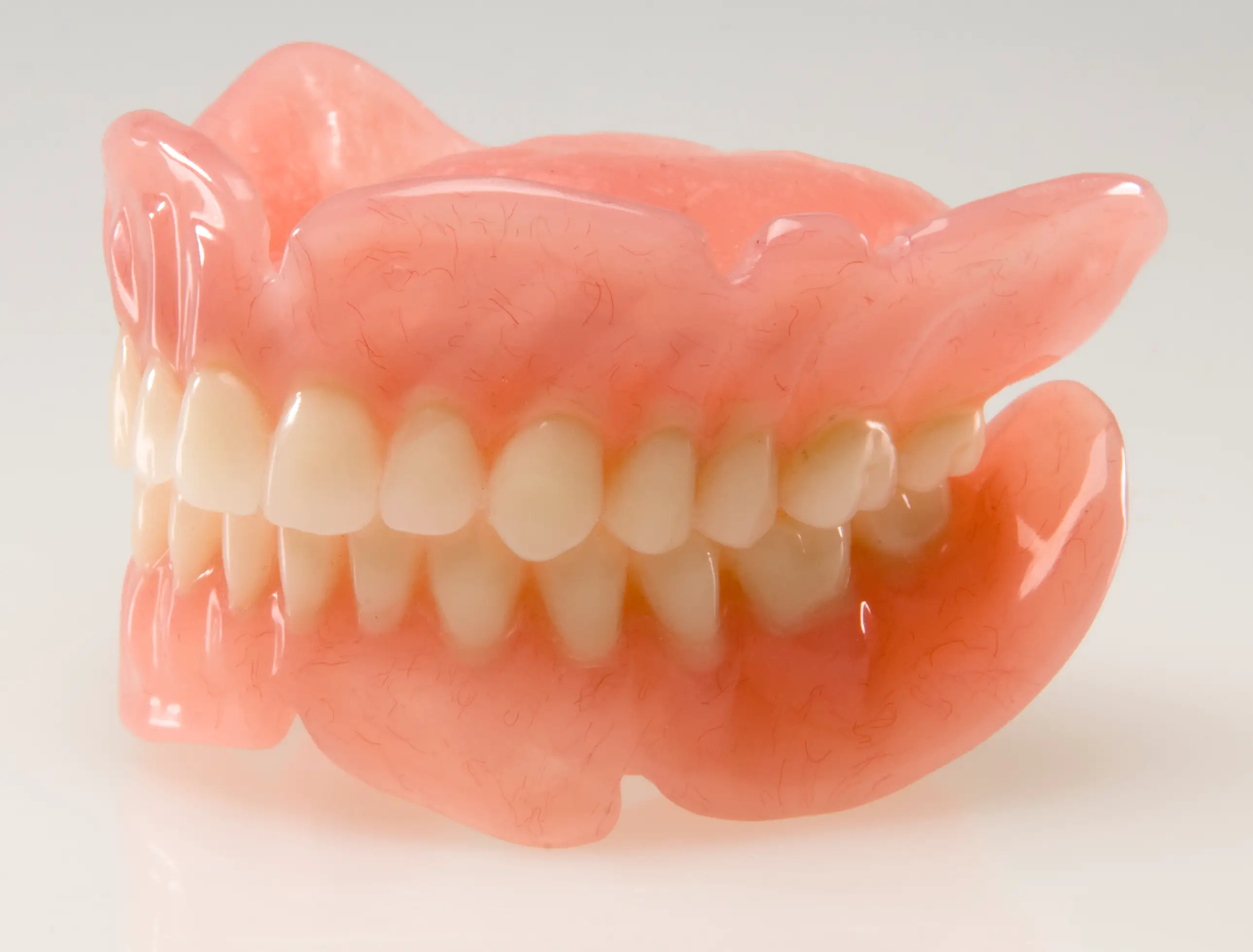
Fake teeth may soon be a thing of the past, if science has anything to say about it.
In just a few months, we'll all have a better idea of the future of those white pieces of enamel in our mouth that help us eat, speak and everything else.
Later this year, the world's first human trial of a newly-developed drug that's supposed to grow new teeth will take place, after initial tests on animals in 2023.
The trial will be held at Kyoto University Hospital from September 2024 to August 2025, and will treat 30 males between the ages of 30 and 64 who are missing at least one molar.
Advert
The treatment will be tested for it's effectiveness on human dentition, following successful trials on ferrets and mice, as they grew new teeth with no significant side effects.

Lead researcher and head of dentistry and oral surgery at Kitano Hospital, Katsu Takahashi, spoke about the aims of the project.
"We want to do something to help those who are suffering from tooth loss or absence," he explained. "While there has been no treatment to date providing a permanent cure, we feel that people's expectations for tooth growth are high."
As you might expect, there is a lot of science behind it.
The medicine works by deactivating the uterine sensitisation-associated gene-1 (USAG-1) protein, suppressing tooth growth.
Blocking this protein's interaction with other proteins results in bone morphogenetic protein (BMP) signalling, which will result in new bone generating.
The good news is that mice and ferrets share the same USAG-1 properties as humans, and they grew new teeth from the drug - a good sign.
Researchers wrote: "The USAG-1 protein has a high amino acid homology of 97 percent between different animal species, including humans, mice, and beagles."
Takahashi has been working on tooth regeneration for almost 20 years, and hopes that the treatment won't just be for those with dental conditions, but for anyone who has lost teeth, regardless of age.

If all goes to plan, the medicine could be commercially available by 2030 and we could be saying goodbye to fake teeth and dentures forever.
The first stage of the process will last 11 months, and following this, researchers are looking to trial the drug on patients aged two to seven who are missing four teeth or more, due to congenital tooth deficiency.
As it is a rare condition, affecting only 1% of the world's population, the team has began recruiting for this phase now.
Researchers will then move to expanding the trial to those with partial edentulism, people who are missing one to five adult teeth because of environmental factors.
It is a rare occurrence again, but it is more common among older adults.